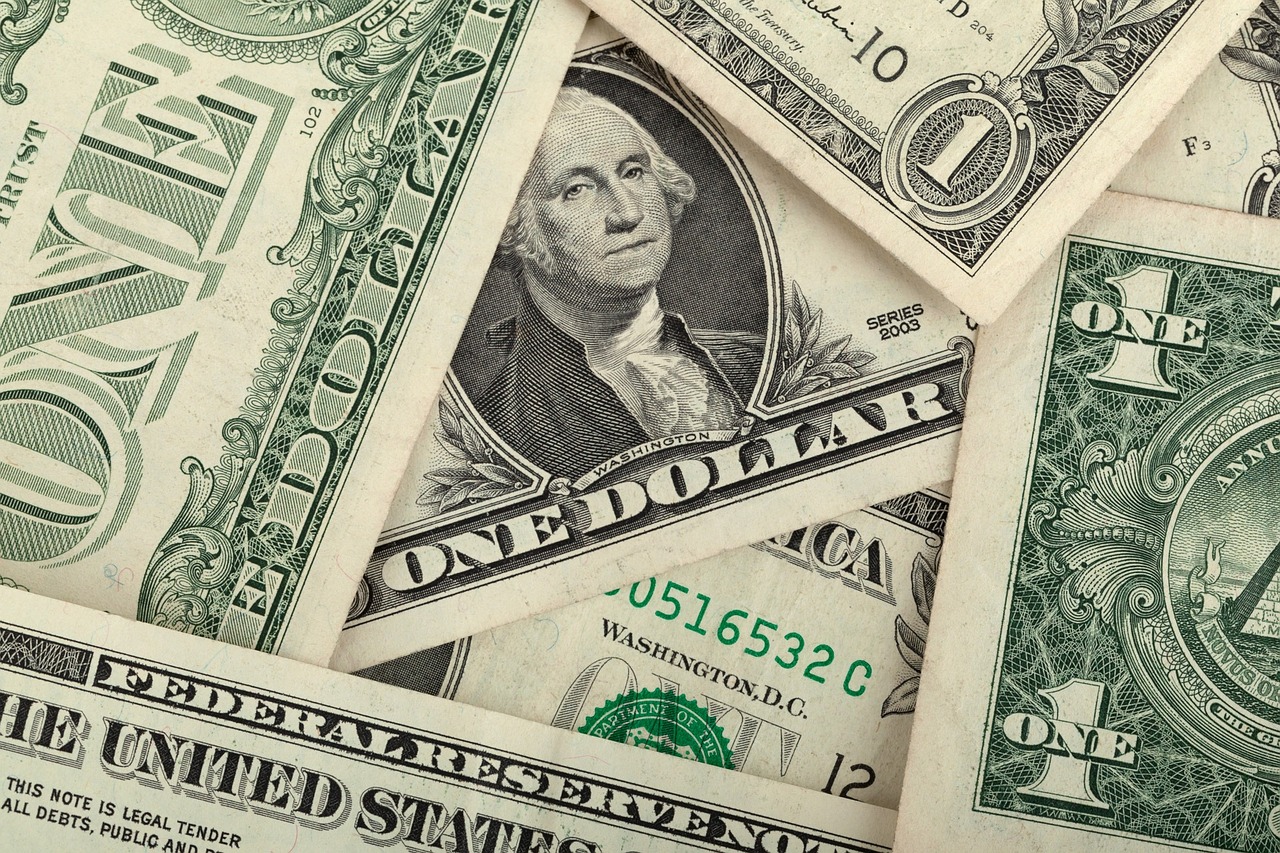The 2022 Inflation Reduction Act, aimed at curbing inflation while promoting clean technology investments, has come under scrutiny from Republican lawmakers in Congress. However, a closer examination of the Act’s provisions reveals a potentially overlooked historical precedent in the form of green bank initiatives.
Initially introduced by Democratic members of Congress under the banner of President Joe Biden’s “Build Back Better” agenda, the Act has faced staunch opposition from Republicans, including Tennessee’s Congressional delegation. Critics like U.S. Sen. Marsha Blackburn and U.S. Rep. John Rose have denounced it as a socialist agenda and criticized its cost to taxpayers, despite Tennessee itself benefiting from substantial public subsidies over the years.
Interestingly, despite Republican resistance, reports indicate that Republican-led states, particularly those in the Southeast, are reaping significant benefits from the Act. States like Tennessee, Georgia, Kentucky, and others have embraced clean energy investments, earning them the moniker of the “battery belt” due to their focus on electric vehicle and EV battery initiatives.
The Act is just one component of the broader Invest in America Agenda, alongside the Bipartisan Infrastructure Law and the CHIPS Act. The Treasury Department has reported a doubling of real manufacturing construction spending under this agenda, indicating its potential for economic growth and innovation.
Notably, Tennessee has emerged as a major beneficiary of the Invest in America initiative, attracting billions in investment in the EV battery supply chain alone. This investment is expected to have significant economic and environmental benefits for the state.
The roots of the green bank formula can be traced back to public initiatives that transformed poverty-stricken regions like the U.S. Southeast in the early 20th century. Initiatives such as the Tennessee Valley Authority Act and the Rural Electrification Act played pivotal roles in electrifying rural areas and stimulating economic growth, laying the groundwork for the region’s prosperity today.
The current green bank initiative, funded by the Inflation Reduction Act, seeks to replicate this success by providing billions in public subsidies for clean technology investments and establishing financing programs focused on disadvantaged communities. These programs aim to mobilize private capital, reduce energy costs, improve public health, and create clean energy jobs, particularly in low-income areas.
Despite Republican opposition, the green bank initiative holds promise for fostering economic development, reducing carbon emissions, and addressing climate change. By drawing on historical precedents and leveraging public-private partnerships, it has the potential to deliver tangible benefits to communities across the United States.
As efforts to dismantle the 2022 Inflation Reduction Act continue, policymakers would do well to consider the lessons of history and the potential of green bank initiatives to drive inclusive and sustainable economic growth in the 21st century.
